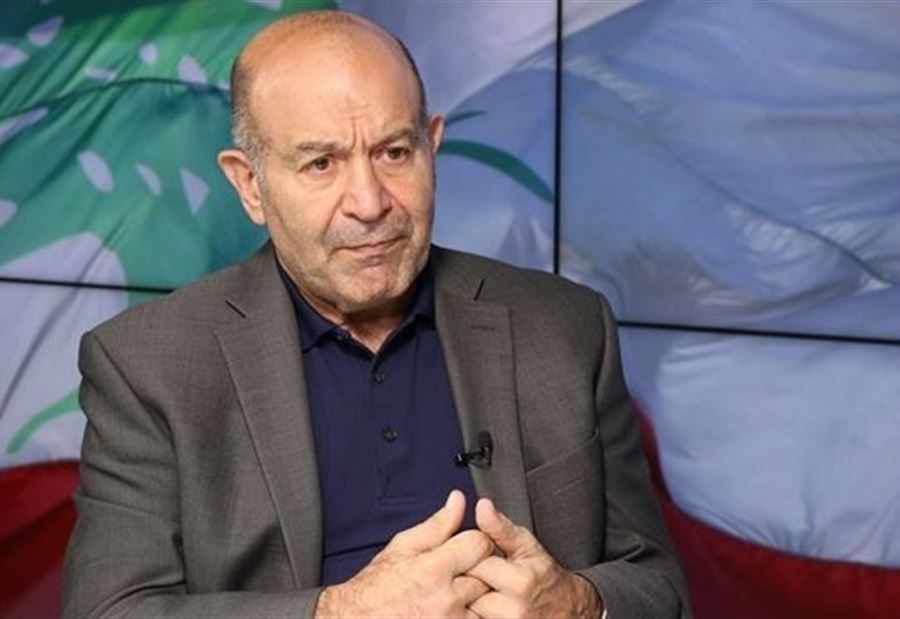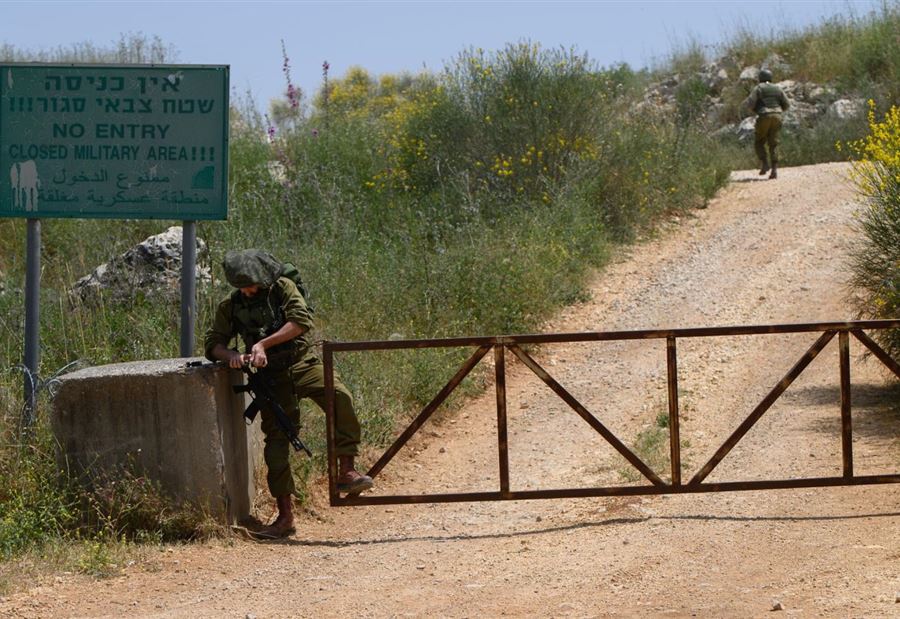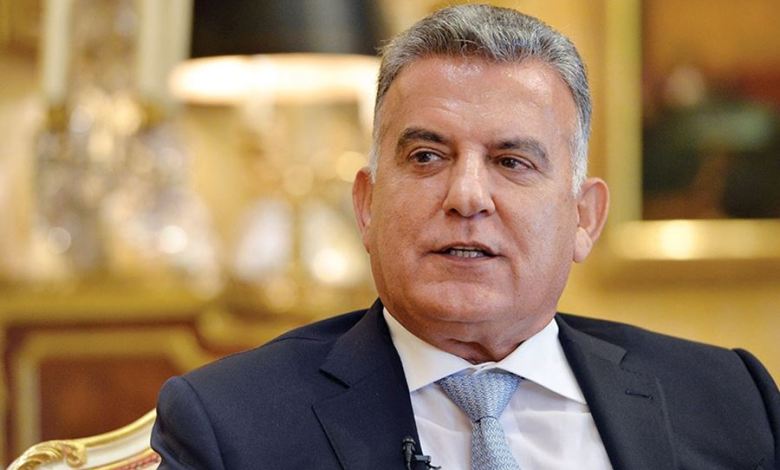مصطفى علوش: لبنان أمام تغييرات جذرية بعد سقوط نظام الأسد
تغييرات محورية في الشرق الأوسط وتداعياتها على لبنان
في ظل التطورات السياسية المتسارعة التي تعصف بالمنطقة، يرى النائب اللبناني السابق مصطفى علوش أن سقوط نظام الرئيس السوري بشار الأسد قد يفتح الباب أمام تغييرات جذرية في الساحة اللبنانية. وأكد علوش في حديث خاص لـ”ليبانون ديبايت” أن العلاقة التاريخية بين لبنان وسوريا تجعل أي تحولات داخل سوريا ذات تأثير مباشر على الوضع اللبناني، سواء إيجابيًا أو سلبيًا.
وأوضح علوش قائلًا: “استقرار النظام في سوريا كان دائمًا عاملًا أساسيًا في استقرار لبنان”، مشيرًا إلى أن هذا الأمر يعود إلى عقود طويلة منذ عام 1969، وربما حتى منذ عام 1952. ومع انهيار نظام الأسد، يعتقد علوش أن لبنان قد يواجه تغييرات قد تعيد رسم دينامياته السياسية.
“لا أسوأ من نظام الأسد”
عند الحديث عن مرحلة ما بعد نظام الأسد، أشار علوش إلى أنه “لا يمكننا أن نتوقع أسوأ من نظام الأسد”، مستشهدًا بما وصفه بـ”المشهد المؤلم” لخروج المعتقلين من السجون السورية. وأضاف: “النظام السوري ترك بصماته السلبية على لبنان لعقود، وما نشهده اليوم هو نتيجة تقاطع المصالح بين الأنظمة الديكتاتورية ونظام الملالي في إيران، مما عزز نفوذ إسرائيل كقوة رئيسية في المنطقة.”
انهيار معسكر الممانعة وتأثيراته
يرى علوش أن سقوط النظام السوري يُعتبر “ضربة قاسية لمعسكر الممانعة”، مشيرًا إلى أن سوريا كانت بمثابة العمود الفقري لهذا المعسكر. وقال: “مع انقطاع هذا العمود، أصبح من الصعب على المعسكر الممانع التحكم في الوضع السياسي أو العسكري في المنطقة.”
وأكد أن المرحلة المقبلة ستكشف عن كيفية تعامل حزب الله مع هذه التغيرات، متسائلًا: “هل سيدخل الحزب في مشروع الدولة كشريك متساوٍ، أم سيظل متمسكًا بنظام ولاية الفقيه؟”. وأضاف أن هذا الوضع قد يعيد طرح فكرة “تقسيم لبنان”، وهو احتمال بات مطروحًا بقوة إذا استمرت الأزمات الداخلية.
العدالة في قضية رفيق الحريري
وعند سؤاله عن العدالة في قضية اغتيال الرئيس الشهيد رفيق الحريري بعد سقوط نظام الأسد، أشار علوش إلى أن العدالة لا تزال بعيدة المنال. وقال: “الشخص المسؤول الأساسي عن اغتيال الحريري هو المرشد الإيراني علي خامنئي، ولم تتم محاسبته بعد. العدالة الحقيقية لا تتحقق إلا بمحاكمة جميع المتورطين في هذه الجريمة، بمن فيهم الأسد نفسه.”
وأضاف: “يجب محاسبة الأسد على جرائمه البشعة، فهو لا يزال يعيش حياة الملوك رغم تسببه بمعاناة شعبه وشعوب المنطقة.”
مستقبل الشرق الأوسط في ظل التحولات السياسية
اختتم علوش حديثه بالتأكيد على أن “قواعد اللعبة في الشرق الأوسط تغيرت بشكل جذري” منذ بداية سقوط نظام الأسد. وقال: “الأشهر والأسابيع المقبلة ستكون حاسمة في تحديد معالم المرحلة الجديدة. التحولات الحالية تدخل ضمن رؤية جديدة للشرق الأوسط، قد تعيد تشكيل الأوضاع السياسية والاقتصادية في المنطقة برمتها.”
على الرغم من ضبابية التفاصيل المتعلقة بالمرحلة المقبلة، فإن علوش يرى أن التغيرات الجذرية التي يشهدها الشرق الأوسط ستترك بصمة عميقة على مستقبل لبنان والمنطقة.
Mustafa Alloush: Lebanon Faces Radical Changes Post-Assad Era
The Middle East's Transformations and Their Impact on Lebanon
In light of the region's rapidly shifting political landscape, former Lebanese MP Mustafa Alloush believes that the fall of Syrian President Bashar al-Assad's regime marks the beginning of profound changes in Lebanon. In an exclusive interview with “Lebanon Debate,” Alloush emphasized the historical connection between Syria and Lebanon, where any internal shifts in Syria inevitably impact Lebanon, both positively and negatively.
Alloush explained, “The stability of the Syrian regime has always been a cornerstone for Lebanon's stability,” highlighting that this dynamic dates back to 1969, or perhaps even earlier, to 1952. He argues that with Assad's collapse, Lebanon is poised to undergo substantial political realignments.
“No Worse Than Assad’s Regime”
Discussing the post-Assad era, Alloush asserted, “We cannot imagine anything worse than Assad’s regime,” pointing to the “heartbreaking” condition of detainees released from Syrian prisons. He added, “The Syrian regime's detrimental influence on Lebanon has persisted for decades. Today, the intersection of authoritarian regimes and Iran's clerical rule has strengthened Israel’s position as the region's dominant player.”
The Collapse of the Resistance Axis
Alloush considers Assad's downfall a “crippling blow to the resistance axis,” describing Syria as its backbone. He stated, “The collapse of this backbone has severely disrupted the axis's ability to maintain its grip on political and military dynamics in the region.”
He speculated on how Hezbollah might respond to these changes in the coming months, questioning whether the party would “embrace statehood as an equal partner or cling to the Wilayat al-Faqih model.” Alloush cautioned that this unresolved issue could reignite debates over “Lebanon's partition,” a prospect gaining traction amid the nation's ongoing crises.
Justice for Rafic Hariri
When asked about justice for the late Prime Minister Rafic Hariri following Assad's fall, Alloush remarked that justice remains elusive. He stated, “The primary orchestrator of Hariri’s assassination, Iran’s Supreme Leader Ali Khamenei, remains unaccountable. True justice demands the prosecution of all those involved in this heinous crime, including Assad himself.”
Alloush called for Assad to face accountability for his “atrocious crimes,” noting that he continues to live lavishly despite his role in regional suffering.
The Future of the Middle East Amid Political Shifts
Alloush concluded by emphasizing that “the rules of the game in the Middle East have fundamentally changed” since Assad’s regime began to collapse. He added, “The coming weeks and months will be critical in defining the contours of this new phase. These developments are part of a broader vision for a new Middle East that could reshape political and economic landscapes across the region.”
Despite the uncertainties surrounding the next phase, Alloush is confident that the radical transformations sweeping through the Middle East will leave a lasting impact on Lebanon and its neighbors.
Translated by international scopes team
المصدر: ليبانون ديبايت
 International Scopes – سكوبات عالمية إجعل موقعنا خيارك ومصدرك الأنسب للأخبار المحلية والعربية والعالمية على أنواعها بالإضافة الى نشر مجموعة لا بأس بها من الوظائف الشاغرة في لبنان والشرق الأوسط والعالم
International Scopes – سكوبات عالمية إجعل موقعنا خيارك ومصدرك الأنسب للأخبار المحلية والعربية والعالمية على أنواعها بالإضافة الى نشر مجموعة لا بأس بها من الوظائف الشاغرة في لبنان والشرق الأوسط والعالم




